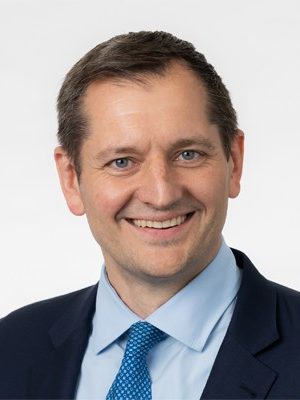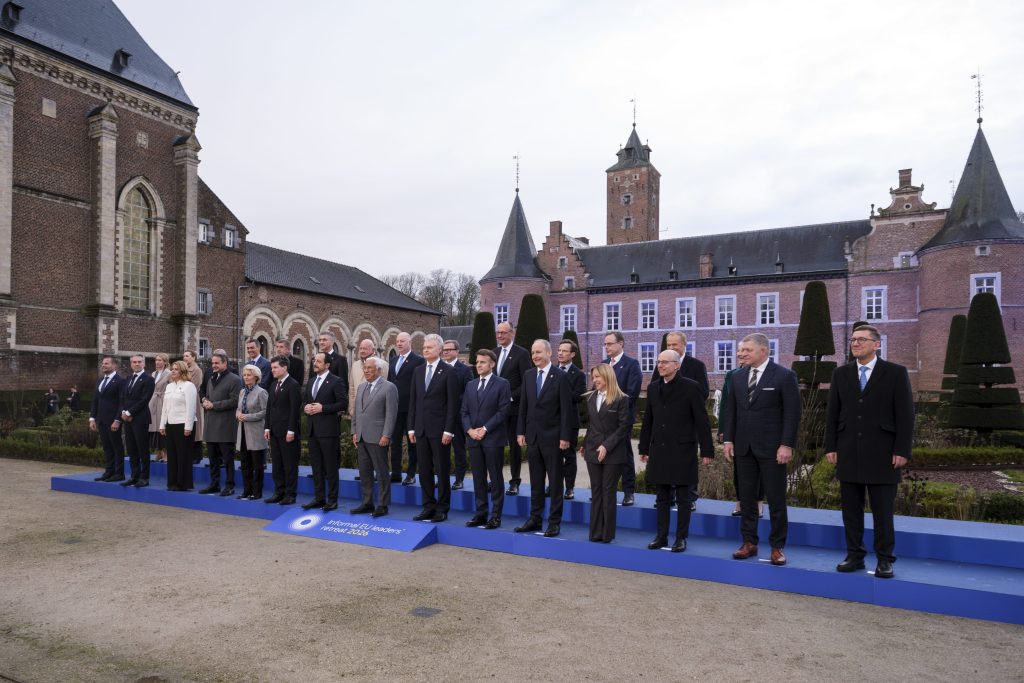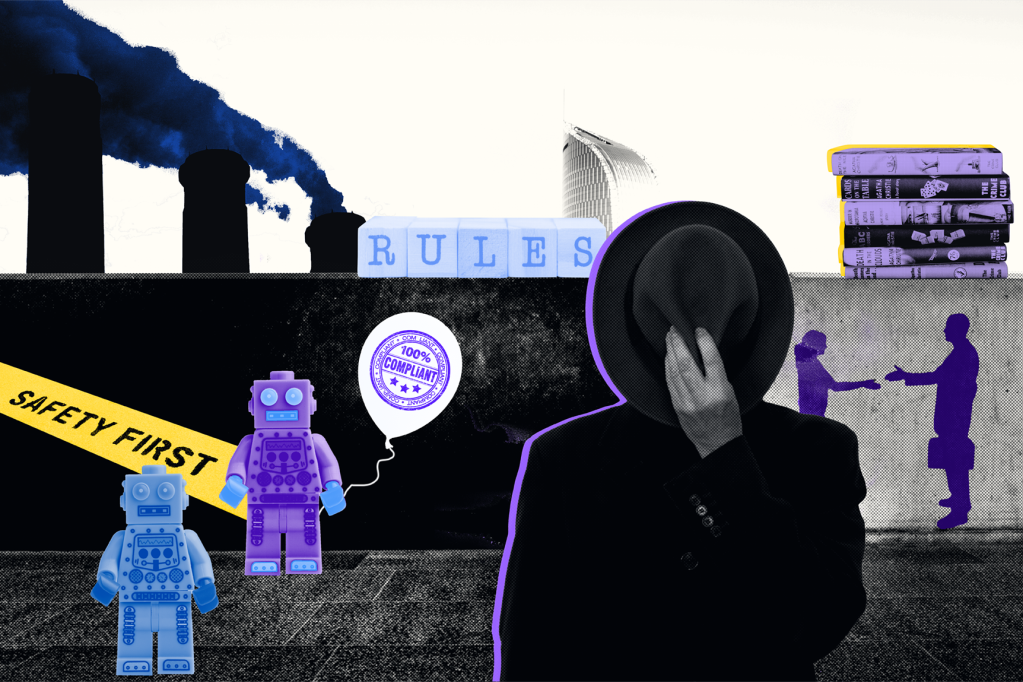Global law firm Reed Smith secured a rare time-served sentence on August 12, 2025, for its client, crypto mining executive Sergei Potapenko, in the US District Court for the Western District of Washington before Judge Robert S Lasnik. A time-served sentence equals the amount of time already spent in custody.
Initially the Department of Justice (DOJ) had characterized the case as a $577m fraud matter, calling it one of the largest crypto fraud cases ever – but the Reed Smith team proved those claims were incorrect.
Following Potapenko’s extradition from Estonia, the firm obtained his release from custody and removed incorrect allegations from the indictment through a negotiated plea agreement. The team presented extensive briefing showing that Potapenko and his co-defendant Ivan Turogin had paid customers the correct rate of return for crypto mining, that the crypto customers received has a current value of more than $5 billion, and that their forfeiture of over $500m and cooperation had eliminated any financial harm to HashFlare’s customers.
Mark Bini and Kaela Dahan, two members of the Reed Smith team, spoke to GRIP about this impressive outcome as well as their crypto practice.
Bini is a former federal and state prosecutor and partner in the firm’s On-Chain: Crypto & Digital Assets Group, and Dahan is counsel in that group, where they focus on regulatory and enforcement issues affecting blockchain-based platforms, cryptocurrencies, and other digital assets. They represent clients charged with crypto-related fraud and have advised digital asset companies on SEC and FinCEN regulations concerning cryptocurrencies, digital tokens, and NFTs.
Tell us about yourself and your membership of Reed Smith’s “On-Chain: Crypto Assets Group.”
MB: I was a state and federal prosecutor and joined Reed Smith four years ago. As a federal prosecutor in Brooklyn, I was an office computer hacking coordinator, and became an office expert on crypto cases. At Reed Smith, I’ve had the chance to assist many groups, companies and individuals in crypto to avoid problems with the DOJ and regulators, and where appropriate, to fight DOJ and win. I’ve also worked on a number of crypto founder’s disputes. The strength of our crypto group is that we have diverse expertise, backgrounds and perspectives in crypto. Working together, we are able to provide great crypto expertise and 360-degree legal advice.

Photo: Reed Smith
KD: I am Counsel in Reed Smith’s Regulatory & Investigations Group and an active member of our On-Chain: Crypto & Digital Assets Group. My practice focuses on white collar defense, regulatory enforcement, and internal investigations, with emphasis on the fast-evolving crypto space. I advise blockchain companies, digital asset platforms, and financial institutions on DOJ, SEC, and FinCEN matters, while also helping clients navigate high-stakes enforcement actions and litigation.
What I enjoy most is translating complex technical issues into clear strategies that regulators and courts can understand, and working with a global, multidisciplinary team at Reed Smith to anticipate challenges and position clients for success in a rapidly changing market.
What has been the proudest moment of your career?
MB: Getting time-served sentences for three different individuals in really difficult cases. Most recently, we were able to get a time served sentence for Estonian crypto mining executive Sergei Potapenko. There’s nothing more rewarding than reuniting a client with his family.

Photo: Reed Smith
KD: Some of the proudest moments of my career have been when our work has had a direct, life-changing impact on clients. For example, helping secure time-served sentences for individuals facing long prison terms allowed them to return home and reunite with their families – a reminder of the very real human stakes behind every case. On the corporate side, I am equally proud of obtaining a rare SEC termination letter in a “bet the company” investigation, which not only vindicated the client but quite literally kept the company’s doors open and enabled its employees to continue doing the work they love. Those experiences reaffirm why I chose this path: because strong advocacy can protect both people and businesses at their most critical moments.
How does your recent DOJ case show a shift in how the DOJ is handling crypto prosecutions?
MB: I think DOJ will have to really consider loss. We really considered causation in the Potapenko case, and by using a respected expert in financial fraud cases, we were able to show that our client’s company had paid all customers the correct rate of crypto mining return, meaning that customers were no worse off as a result of the fraud. That gave us a compelling argument that there were no losses.
KD: In the Potapenko case, we focused on loss and causation, using a respected expert to show that customers had actually received the correct crypto mining returns and were no worse off as a result of the fraud – giving us a compelling argument that there were no losses. Going forward, I think the DOJ will have to grapple much more seriously with loss arguments in crypto cases, especially as the value of digital assets appreciates and loss calculations become more complex. With emerging blockchain technologies, success for defense counsel will hinge on combining technical blockchain expertise with traditional white collar advocacy to challenge the Government’s narrative and ensure fairness.
What is a common misconception about crypto law, and how do you address it?
MB: Crypto used to be seen by law enforcement and traditional finance as a vehicle for money laundering and crime. While society’s view of crypto has radically changed for the better, many still hold reservations that you need to overcome.
KD: Many think crypto cases are completely different from traditional white collar matters, but regulators and courts apply the same core principles – loss, intent, causation. My role is to cut through the complexity and show that while the assets may be new, the legal standards are not.
What advice would you give to your younger self?
MB: Follow your dreams.
KD: Hard work pays off and surround yourself with good mentors.
Tell us an amusing anecdote about your work.
MB: When I was a state prosecutor, I was once picking a jury with a colleague, and my colleague approached the Judge at side bar to raise that he had gone out on a date with a woman in the jury panel, and he asked that the woman be removed for potential bias. During voir dire, however, the juror hadn’t raised any issues with jury service. The Judge asked the woman to approach at side bar and asked if she recognized my colleague. She said she did not. The Judge asked her to return to her seat. The defense attorney turned to my colleague and the Judge and said: “I guess you didn’t make much of an impression.”
KD: One of the more amusing moments in my career was when I represented a seven-foot basketball player who was a witness in a criminal trial. Walking through the streets of New York City at 5’2”, sandwiched between him and Mark – who’s over six foot tall himself – was quite a sight.
Can you recommend a good book?
MB: Straight Shooter, by Stephen A Smith.
KD: I love a good legal thriller, so anything by John Grisham is usually at the top of my list. His books capture the drama and intensity of the courtroom but with a pace that makes them impossible to put down. They’re a fun reminder of why I chose this profession.













